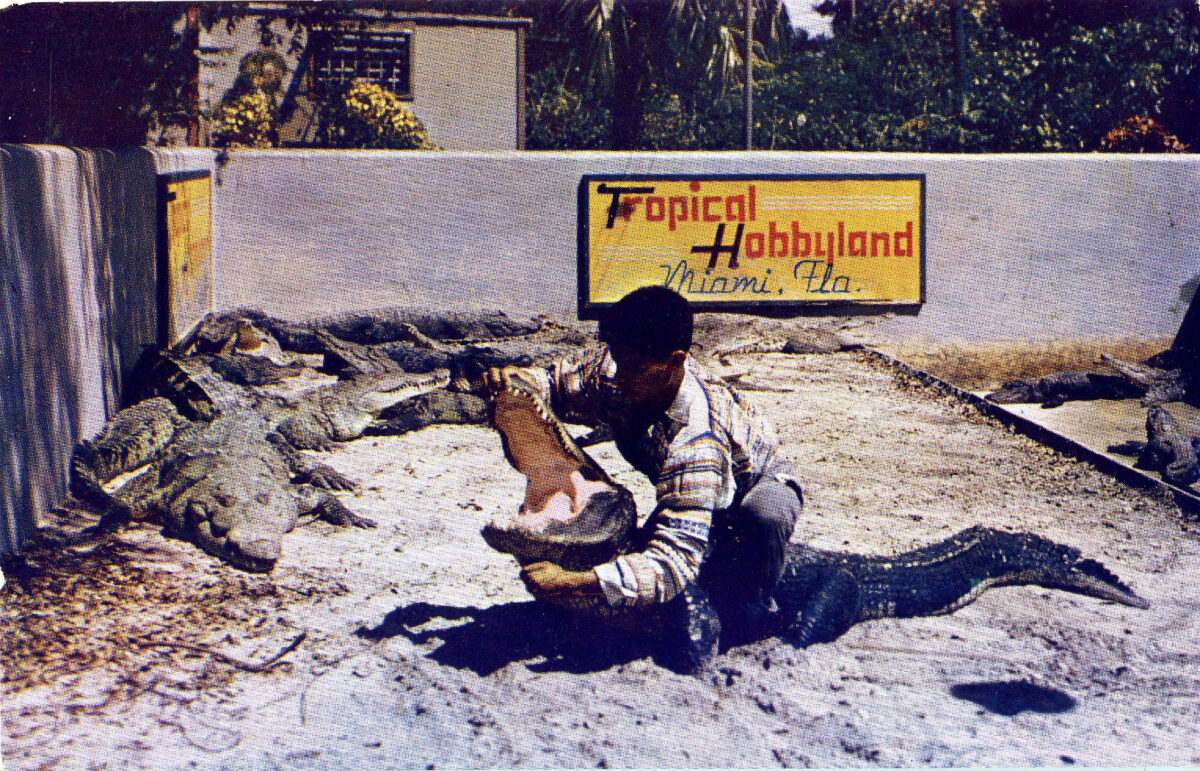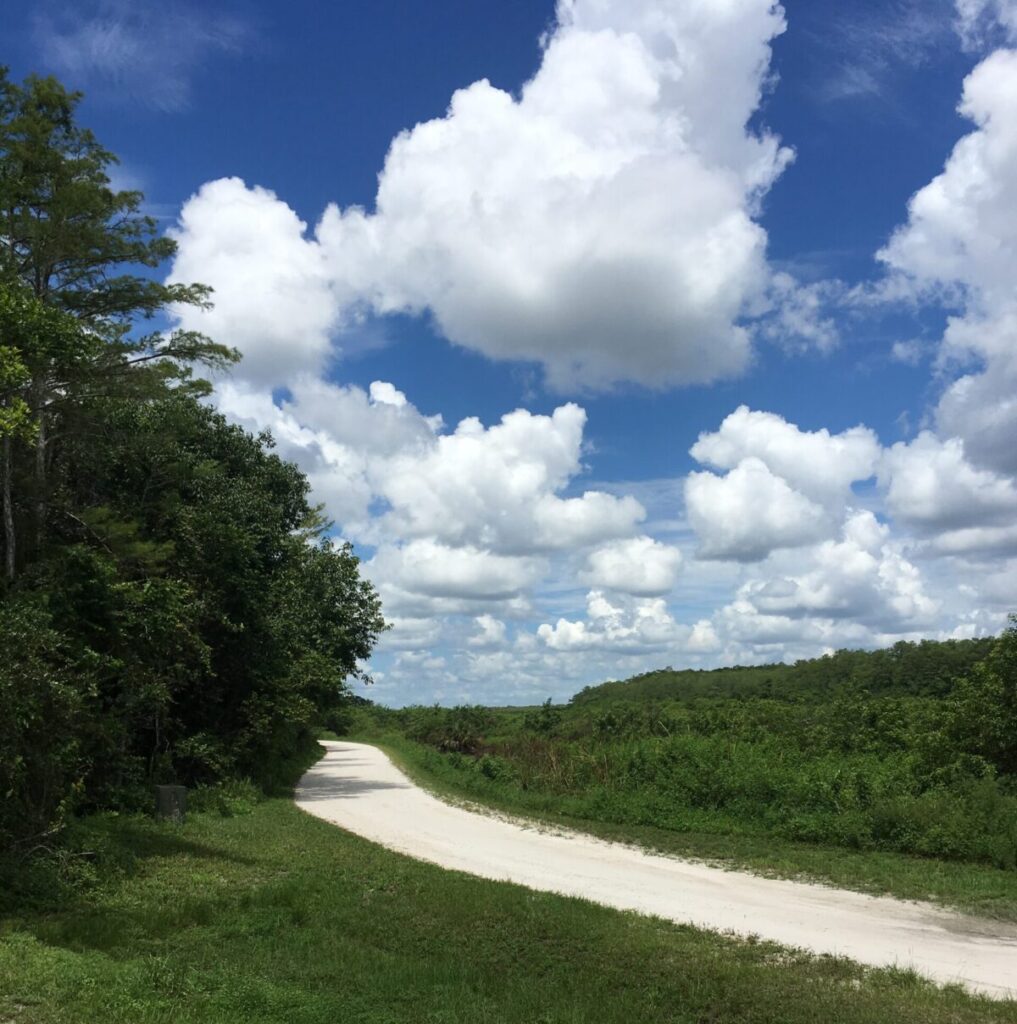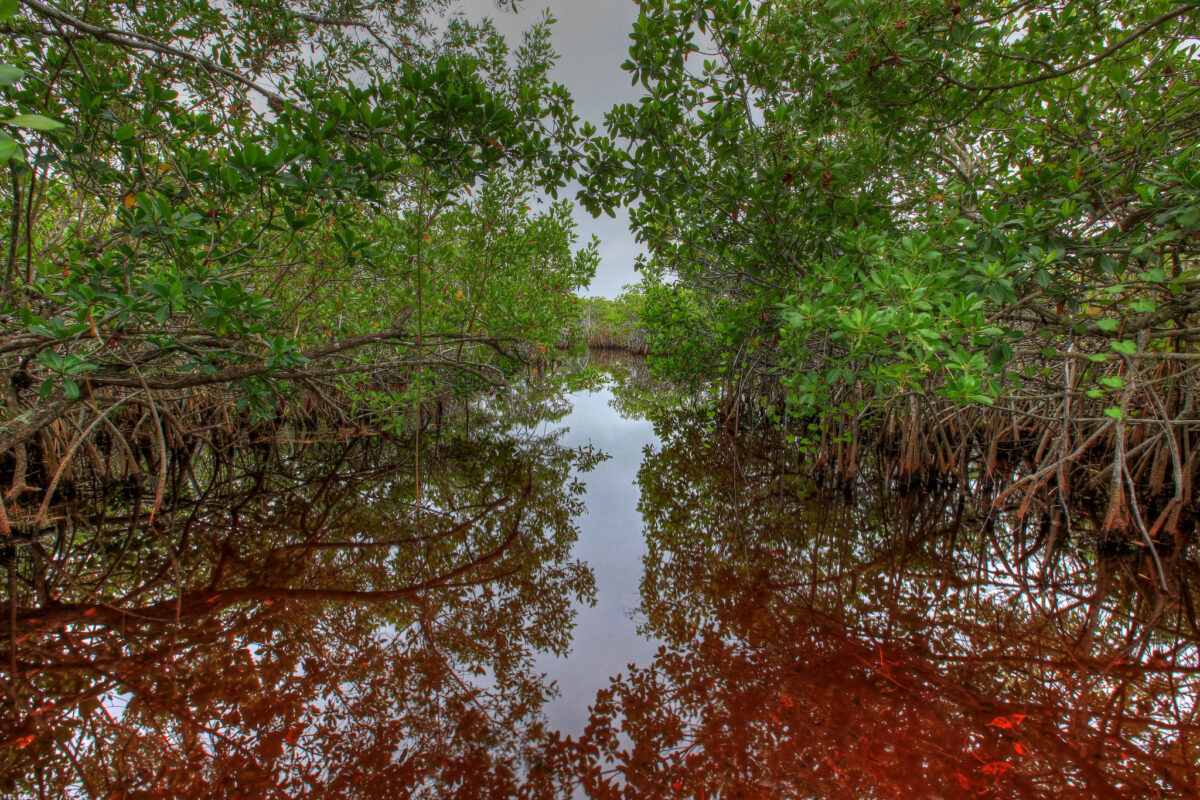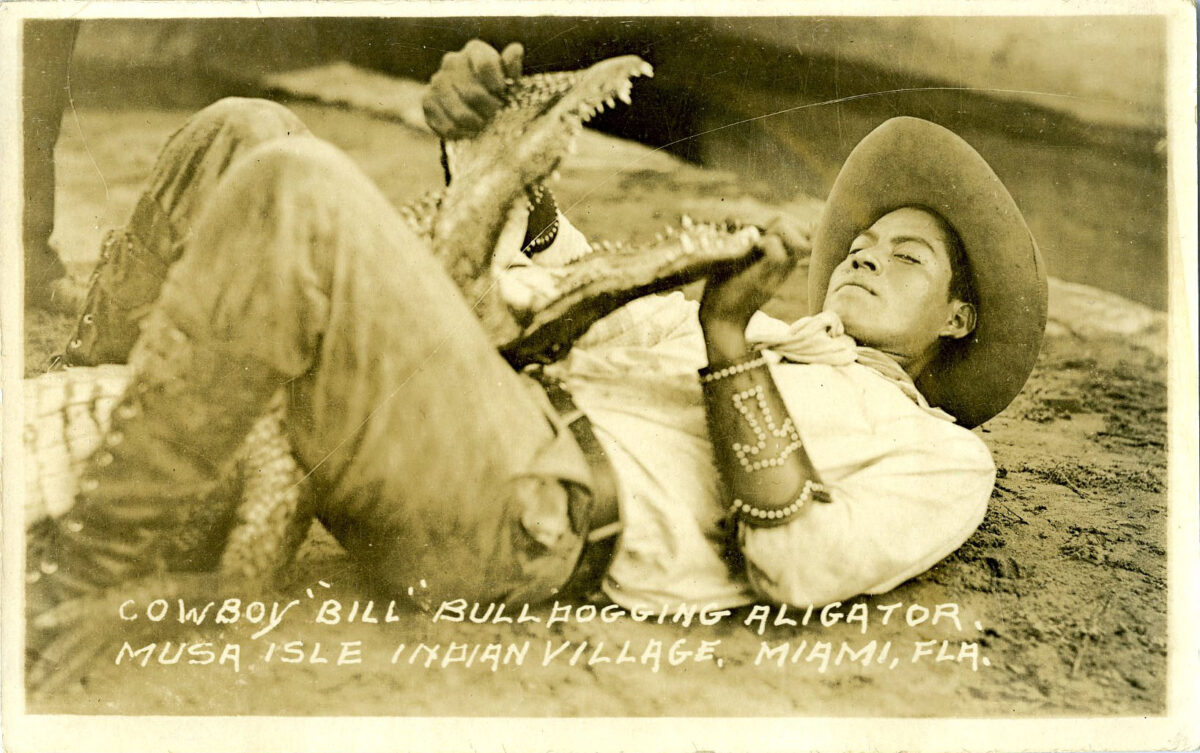
Centering Anti-colonial Travel
Have you heard of anti-colonial travel? Recently, we have shared resources and quick tips for centering Indigenous communities. We can change tourism, and how it hurts (or helps)! In previous blog posts, we have discussed how to be an ethical ecotourist, how to appropriately consume Native goods, and cultural appropriation. This week, we will dive deep into anti-colonial travel. What does it mean? What does it look like in practice? Can you even do it? Also, read to the end for tips on how to be a more responsible traveler.
Shifts Towards Anti-colonial Travel
In many ways, issues that surfaced during the COVID-19 pandemic left space to have conversations like this. How our actions impact people with means something. People began talking about responsible tourism, being an ethical traveler, and anti-colonial travel. While these topics have been talked about before, now a light was being shone on a broader scale. Things like wealth and health gaps and luxury tourism are getting a critical eye. And for good reason! With people becoming more vocal about socially responsible travel, it is becoming easier to see the gaps within the tourism industry. The structures we are so used to in tourism can harm the most vulnerable. So, we collectively need to do better. There is no way to go into a community without affecting it. But, you can have a positive impact instead of a negative one.
In many places in the United States, Indigenous communities are beginning to gain more traction in the tourism sector. In Hawaii, for the first time the Board of Directors for the Hawaiian Tourism Authority is majority led by Native Hawaiians. Conversations about land theft, National Parks, and land control are becoming common. Did you know in the United States, most national park land is not co-managed by Indigenous tribes? In fact, the Big Cypress National Preserve is one of only four national parks where tribes share co-management responsibilities. But, it may not be like that for long. The National Parks Service has recommitted to strengthening the role Tribal communities play in federal land management. For many Indigenous communities, this is a long-awaited moment. These shifts may seem small, but they have a huge impact on the communities that finally have agency.

Big Cypress Seminole Indian Reservation, behind the Ah-Tah-Thi-Ki Museum
So, What is Anti-colonial Travel?
The COVID-19 pandemic has brought the impact each person has on their community into focus. We all saw examples of travelers recklessly visiting Indigenous communities for a vacation. But, the negative impacts that travel can have go beyond the most recent pandemic. While tourism brings in much-needed dollars, it also brings harm. Sadly, there is a history of erasing and ignoring Indigenous communities for tourism. Tourism operates within a social, political, and financial framework developed by hundreds of years of exploitation and marginalization of Indigenous communities. So, how do we work against those structures? Tourism is about consumption of places. But, according to the YES! Magazine article: “’place’ isn’t an endlessly renewable commodity – it’s someone’s home.” We come to Florida for the beaches, the swamps, and the River of Grass. But, we forget that we are guests in someone’s home. The swamp is not unoccupied.
Beyond the implications, even the terms are heavy to unpack. What does being “anti-colonial” even mean? Similarly, what does it mean to “decolonize” something? Academics have spent a lot of time talking about decolonization. In the essay Decolonization is Not a Metaphor Tuck and Wayne Yang write that decolonization “demands an Indigenous framework and centering of Indigenous land, Indigenous sovereignty, and Indigenous ways of thinking.” Instead of centering a western perspective, you need to center Native communities to be anti-colonial. It is a conscious act of resistance. Thus, the first step to changing travel is to force travelers to recognize the effect they may have on communities and people they interact with. Working against the status quo is not an easy task. Being anti-colonial in your travel requires actively acknowledging these frameworks, and choosing a better path.
Why is it Important?
It is tempting to push back when faced with the terms we are discussing. You may be thinking: Yes, those are real problems. But my vacation isn’t like that. I do my best to be a good person. I don’t do that. Recognizing that the way we think about travel is harmful does not mean that we are bad people or tourism is bad. Tourism is deeply important to the economic health of many Indigenous communities. We have talked many times on this blog about how the rise of tourism in Florida was incredibly important to the economic independence of Seminoles. Indigenous tourism is incredibly important, and anti-colonial travel centers those communities and perspectives in a way that benefits the greater community. They key here is being ethical, responsible, and supportive while considering your travel choices.
Talking about things like anti-colonial travel, or decolonizing travel, is less about pointing fingers and more about examining how our travel impacts people. Unless we acknowledge the harm these structures do, we can’t move past them. Even with the best intentions, if we don’t self-examine and recognize harmful practices, we can’t work towards bettering these systems. Moving toward anti-colonial travel requires you to critically think about your impact, and make active choices accordingly. Rethinking how you travel is important simply because how you travel impacts other people. It can harm, or it can uplift. It is our responsibility as travelers to determine what that impact is, and do our best to be responsible.
Ways You Can Decolonize Travel
Educate yourself
Learn about the history, community, and place you are going to. Who are the original stewards of the land? What issues impact the land and community? Do your research. Support conservation and social justice efforts at home and when you travel. Educate yourself not only about the place you are going to, but also about the community and people it supports.
Put Your Money Where Your Mouth is
Look at how you financially interact with the communities you are stepping into. Are your tourist dollars going to the right place? Seek out Native businesses, purchase Native art, and support the local community. Think about ways to put money back into the hands of community members or marginalized people. Unfortunately, economic leakage in tourism is an issue. This is when the tourist dollars spent in a destination are not kept within the community, and instead benefit large corporations or outside people. Instead of helping local communities, the money lines the pockets of other people. When spending money, look at where it is going and who it is benefiting. From traveling, to lodging and activities, look at who benefits from your cash.
Seek Out Opportunities to Acknowledge Indigenous Communities
Take what you have learned and put it into practice in the community. Support and seek out Native perspectives. Acknowledge Indigenous people’s sovereign right to inhabit these spaces, cultural practices, and traditional knowledge. Be respectful of the land and the people. Your vacation is not as important as someone’s life, home, and rights. Step beyond commodifying place. Instead, work towards appreciating and uplifting the community.
Remember your Role
It may seem self-explanatory, but remember you are a tourist. This means you are a guest invited into these spaces. It is not your role or right to damage, infringe upon, or take advantage of these places. Minimize your impact on the people, places, and communities you are stepping in to. This also includes the natural environment and outdoors. When you are in nature, leave no trace. Be respectful of cultural practices, and remember that you are being invited into a space that is not yours.
Be Comfortable with “No”
Recognize you have no ownership over the spaces you are visiting. You are a guest. So, become comfortable with the fact that some experiences, cultural knowledge, and places are not for you. You can still enjoy your vacation, but some things are not open for your consumption. Be respectful.
Be an Ally beyond your travels
Ally-ship is something that we have talked briefly about on the blog before. When considering how to change the way you travel, don’t forget to think beyond just your vacation. How can you be an ally to Indigenous communities? Make Indigenous rights and perspectives something you fight for and amplify.



